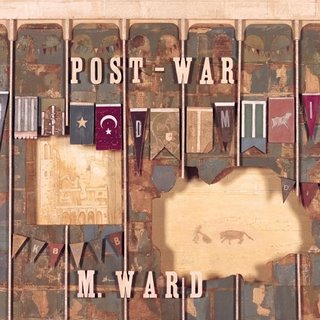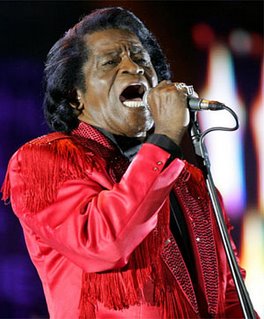2006 Top 10: #2,1
This list is finally down to the final two. I had a very hard time weighing each album out and deciding on the better of the two. I am certain that I picked the better album. Each one provided me with so much joy, but when it came down to it, #1 just was overall better. There are many more lists on the way (concerts of the year, songs, etc.) so don't fret.
#2) The Decemberists- The Crane Wife

In many cases, the switch to a mjor label leads to a less artistic output. On their fourth LP, first on major label Capitol, that old myth turned out to work out the exact opposite.
The Crane Wife is easily the smartest, most musically advanced album the Decemberists have ever released.
The album itself focuses on many themes: love, loss, war amongst other things. Each songs stands out on its own as a work of art. Two songs reach over ten minutes and fit enough material to fit three or foure tracks.
Signing to Capitol means more money for production; more money to pull of things they could have never imagined on an independent label. "The Island," in particular, one of the ten minutee epics, could have never been pulled of on Kill Rock Stars. It also amazes me that these advanced arrangements can be pulled off
. The five members of this band are some of the most musically talented folks out there.
Throughout tracks such as "Yankee Bayonette" "When the War Came" and "Sons and Daughters" focus on the war within the album. Ig there were anyone more qualified to write about a war on a folk-rock record, it's Colin Meloy.
Meloy just has a knack for story-telling. He always has had that in him, but this time the arrangements are more complex, giving backing to Meloy's powerful words. Any other year, thsi would be a sure0fire number one record. It includes everthing I love about music; about the Decemberists, all in a one hour package.

I cannot name a song writer on top of his game more so than M. Ward is on his fifth release,
Post-War. This time around, Ward's talents are backed by some interesting arrangements from a backing band, something Ward has lived without on his first four releases.
On paper, the first track, "Poison Cup" does not look like an M. Ward song, but once the deep voice and electric piano pick up, it becomes a love song in which only M. Ward could pull off. Having appeared on Daniel's tribute album a few years ago, it is interesting to see Ward go with another cover from Daniel Johnston. No doubt, M. Ward gives the song, "To Go Home" the justice it deserves. The song is just done perfectly and the harmonies from Neko Case only adds to the mystique.
I never even think about clicking the skip button when "Post-War" is playing. If you are a fan of M. Ward's voice, which is a bit to get used to for a new comer, than this is the perfect M. Ward album for you. Even the less serious tracks, like "Magic Trick" come off brilliantly.
"Requiem," is a sad, yet pretty uplifting song. The character has died, but the way he lived his life is what really matters to those who knew him. Cliche, I know, but the way Ward adds his own touch really shows how far good lyrics can take a song. Take the basic idea of mourning and add M. Ward and you get one of the most happy songs about death you'll find anywhere.
"What do you do with the pieces of a broken heart?" asks a love-sick Ward to an old man under a weeping willow tree during the albums masterpiece, "Chinese Translation." The song itself is one of the finest pieces of music I've heard in the past few years.
Even on lighter songs, like the instrumental "Neptune's Net" or the fun "Rollercoaster."
Post-War is an example of a great song-writer producing a brilliant record. Sure, other albums this year have been pretty great, but this one surpasses all the rest.



